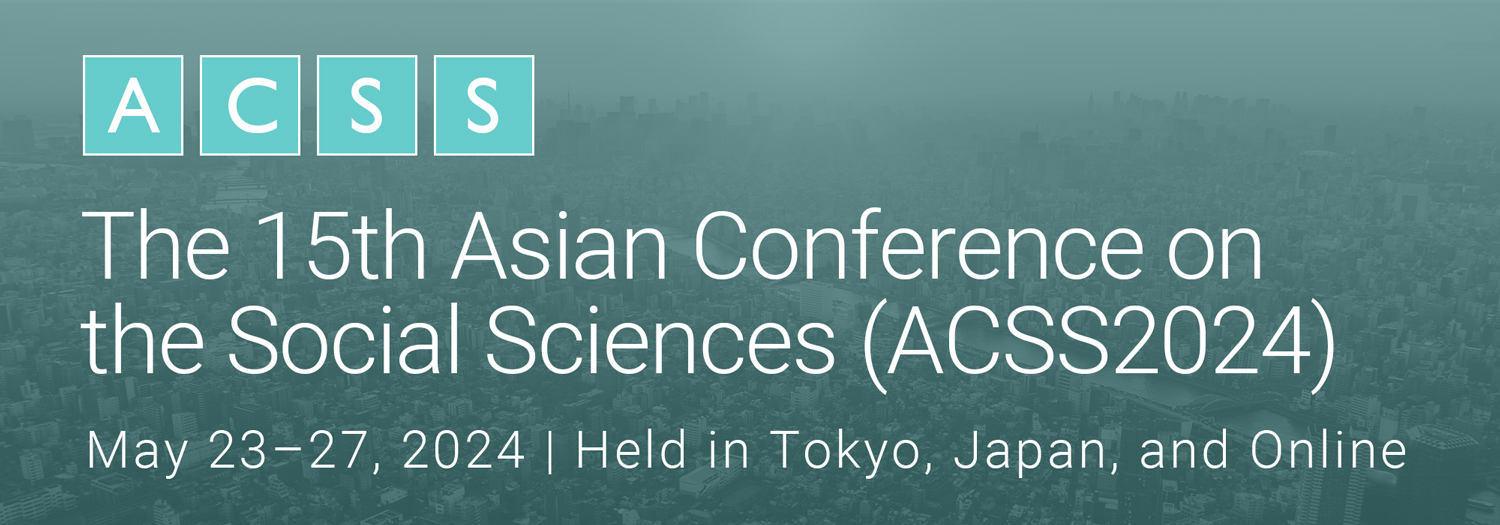Exploring Cultural Influences in Farzād’s Persian Interpretation of Hamlet (1957) (77144)
Session Chair: Wen Xiong
Saturday, 25 May 2024 09:30
Session: Session 1
Room: Room 708
Presentation Type: Oral Presentation
It can be argued that translating a text is a complex task that goes beyond simple word-for-word substitution. Instead, it involves interpretation, where the translator's worldview, desires, and cultural background significantly influence how themes are interpreted and emphasized within the text. Lawrence Venuti suggests that a foreign text can have various interpretations, but during the translation process, the translator consciously or unconsciously selects a particular interpretation. This choice is made to align the foreign text with the values, beliefs, and norms of the target language, a process Venuti calls "domestication," where the text becomes more familiar to the audience. In the case of the first complete Persian translation of Hamlet (1957) by Masʻūd Farzād, the text has predominantly been interpreted through the lens of predetermination, portraying the play as deeply influenced by fate and destiny. In this translation, Hamlet and other characters seem trapped in an unavoidable predicament, powerless to change their circumstances. A close examination of this translation reveals an excessive emphasis on the theme of destiny within the play. This study aims to explore the reasons behind Farzād's focus on themes such as predetermination and fatalism in his translation. What cultural factors, norms, and ideas in the Iranian context influenced him to interpret the text this way? How did Persian cultural values and literary heritage lead him to reflect the text in this particular fashion? This research seeks to provide answers to these questions.
Authors:
Mohammad Ahmadi, Waseda University, Japan
About the Presenter(s)
Dr. Ahmadi is an adjunct professor at Waseda University, having earned his Ph.D. from Tehran University in 2018. He specialized in the development of rhetorical theory and tradition in both Eastern and Western contexts.
Connect on Linkedin
https://www.linkedin.com/in/mohammad-ahmadi-baa440a5/
Additional website of interest
https://waseda.academia.edu/MohammadAhmadiIbnMahmud
See this presentation on the full schedule – Saturday Schedule





Comments
Powered by WP LinkPress